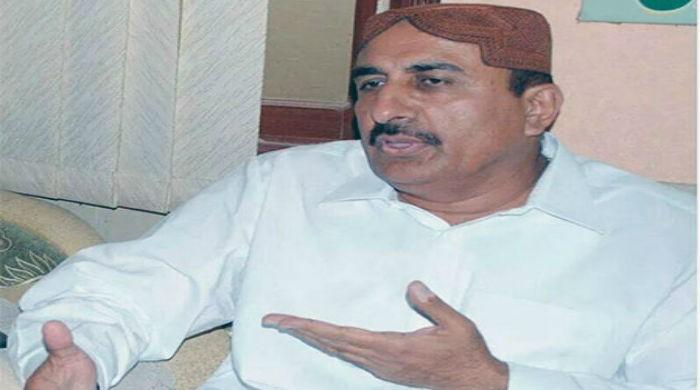Sindh rejects ban on export of onions, says agriculture minister
February 24, 2020

Sindh's Minister for Agriculture Ismail Rahoo on Monday said that the province has rejected the ban imposed by the federal government on the export of onions.
The provincial minister said the ban was a policy against the farmers and labourers. He claimed that the production of onions was higher than the amount that was required in the country.
Rahoo said that the export of onions would benefit the government treasury and urged the federal government to end the band on the export of onions. “The people of Banigala have shown their experience by imposing a ban on the export of onions,” said the provincial minister.
Rahoo claimed that the government by importing tomatoes during the crisis last year harmed the farmers, adding that tomatoes were being sold for Rs20/kg after the imports from Iran.
The minister also hit out at the government for their wheat import policy amid an ongoing shortage in the country. He said that the Ukrainian wheat that the country has acquired would reach in the next four months and by that time it would be useless.
“Wheat from Mirpurkhas and adjoining areas has started entering the market,” claimed the minister. He alleged that by importing wheat the price of the staple of Sindhi farmers would decrease.
“The federal government should do its homework before taking important decisions,” said Rahoo.
Last month, wheat and sugar prices skyrocketed across the country after the food items were scarce in the market. A report forwarded to the prime minister stated that senior politicians and government officials were involved in the wheat crisis.
Opposition parties, as well as coalition allies of the government, criticised the government for the wheat and sugar crisis, prompting PM Imran to announce a "grand operation" against the perpetrators who caused the artificial crisis.











